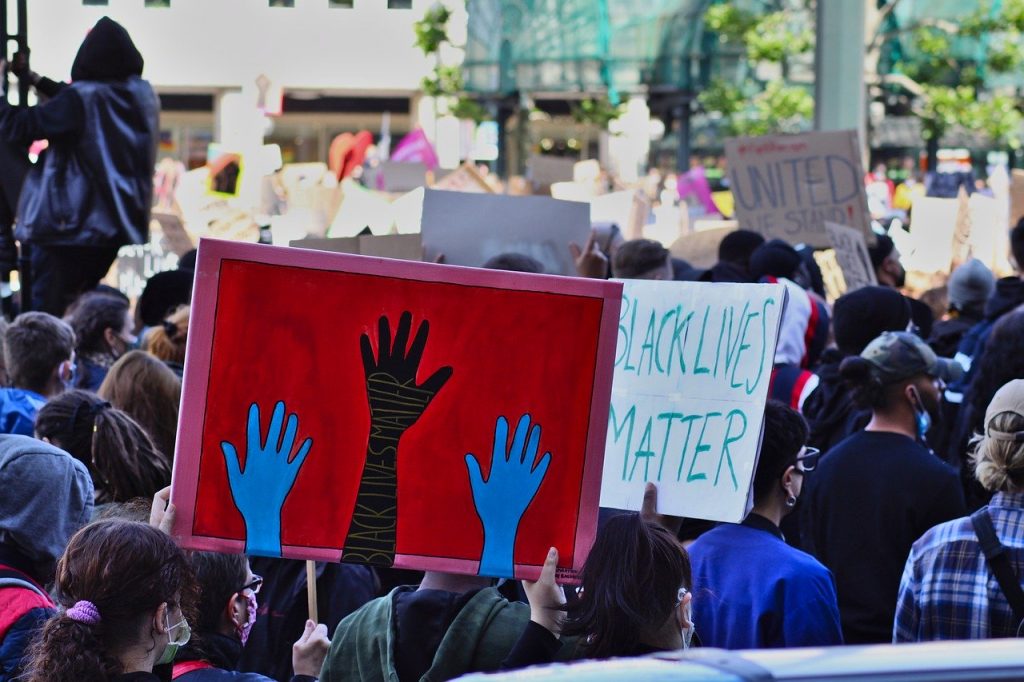Abstract:
Aims and objectives: In this study, we aimed to characterize the impact of long COVID on quality of life and approaches to symptom management among Black American adults.
Background: As a novel condition, qualitative evidence concerning long COVID symptoms and their impact on quality of life can inform the refinement of diagnostic criteria and care plans. However, the underrepresentation of Black Americans in long COVID research is a barrier to achieving equitable care for all long COVID patients.
Design: We employed an interpretive description study design.
Methods: We recruited a convenience sample of 15 Black American adults with long COVID. We analysed the anonymized transcripts from race-concordant, semi-structured interviews using an inductive, thematic analysis approach. We followed the SRQR reporting guidelines.
Results: We identified four themes: (1) The impact of long COVID symptoms on personal identity and pre-existing conditions; (2) Self-management strategies for long COVID symptoms; (3) Social determinants of health and symptom management; and (4) Effects on interpersonal relationships.
Conclusion: Findings demonstrate the comprehensive ramifications of long COVID on the lives of Black American adults. Results also articulate how pre-existing conditions, social risk factors, distrust due to systemic racism, and the nature of interpersonal relationships can complicate symptom management.
Relevance to clinical practice: Care approaches that support access to and implementation of integrative therapies may be best suited to meet the needs of long COVID patients. Clinicians should also prioritize eliminating patient exposure to discrimination, implicit bias, and microaggressions. This is of particular concern for long COVID patients who have symptoms that are difficult to objectively quantify, such as pain and fatigue.
No patient or public contribution: While patient perspectives and experiences were the focus of this study, patients were not involved with the design or conduct of the study, data analysis or interpretation, or writing the manuscript.
Source: Bergmans RS, Chambers-Peeple K, Yu C, Xiao LZ, Wegryn-Jones R, Martin A, Dell’Imperio S, Aboul-Hassan D, Williams DA, Clauw DJ, DeJonckheere M. ‘I’m still here, I’m alive and breathing’: The experience of Black Americans with long COVID. J Clin Nurs. 2023 May 4. doi: 10.1111/jocn.16733. Epub ahead of print. PMID: 37140186. https://onlinelibrary.wiley.com/doi/10.1111/jocn.16733 (Full text)
